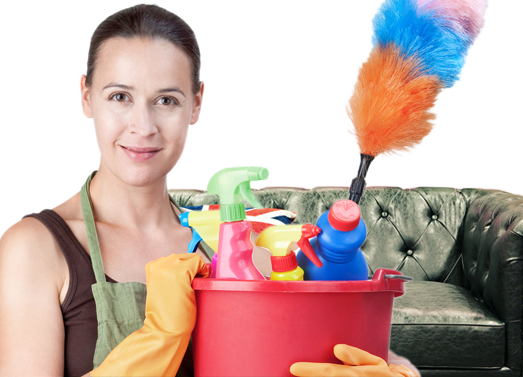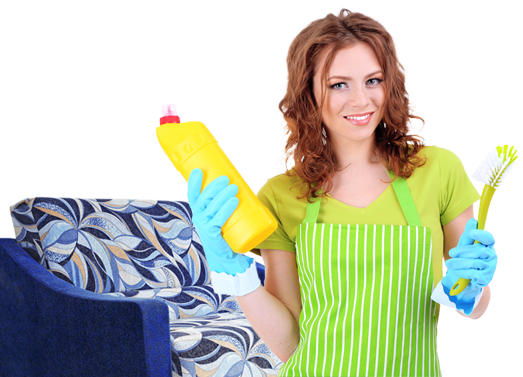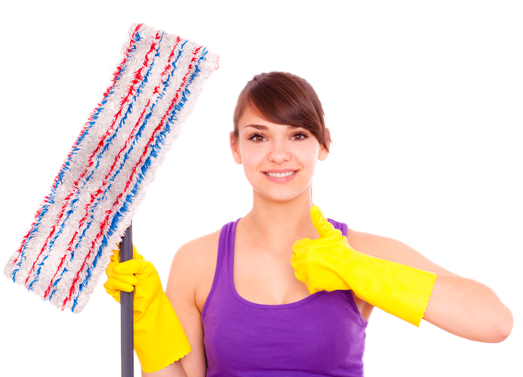Boosting Hygiene with Home Carpet and Hard Flooring Cleaning
Posted on 04/06/2025
Boosting Hygiene with Home Carpet and Hard Flooring Cleaning
Keeping our living spaces clean is more crucial than ever, especially when it comes to maintaining healthy indoor environments. Floors - both carpets and hard surfaces - play a pivotal role in the overall cleanliness of a home. This comprehensive guide delves into the importance of regular carpet and hard floor cleaning, practical methods, and expert tips to help you boost hygiene and create a comfortable, germ-free household.
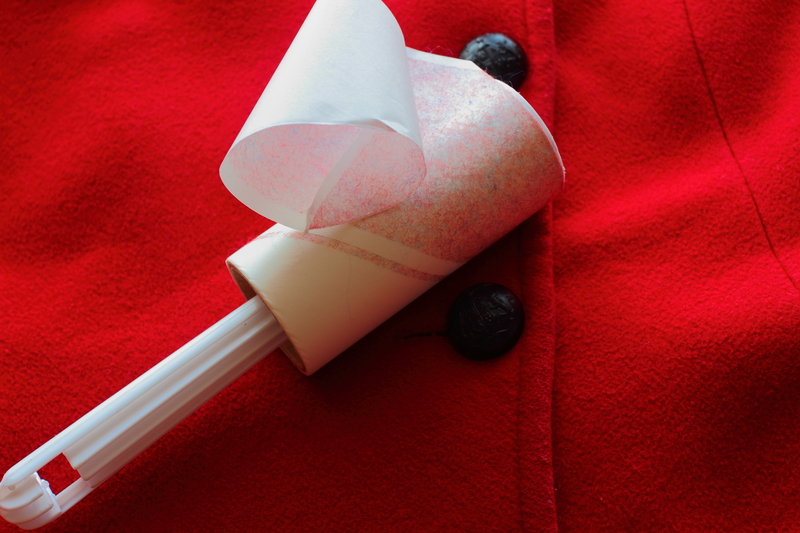
Why Floor Cleaning Is Vital for Home Hygiene
Floors are among the largest surfaces in any home and can harbor immense amounts of dirt, bacteria, allergens, and other contaminants. Regular home carpet and hard flooring cleaning is essential for homeowners seeking to uphold hygiene standards and protect the health of their families.
- Allergen Reduction: Carpets can trap dust mites, pollen, pet dander, and other allergens, while hard floors can accumulate dust and debris that circulate through the air.
- Microbe Control: Both carpets and hard floors can be breeding grounds for bacteria, fungi, and even viruses if not properly maintained.
- Odor Control: Regular deep cleaning helps eliminate unpleasant odors caused by spills, pet accidents, and built-up grime.
- Visual Appeal: Clean floors enhance the aesthetic value of your home and make spaces feel fresh and welcoming.
Understanding the Differences: Carpet vs. Hard Flooring
Before exploring cleaning strategies, it's essential to understand the unique characteristics and hygiene challenges of carpets and hard flooring:
Carpet Flooring
- Soft and comfortable underfoot, ideal for bedrooms and living rooms.
- Fibers tend to trap dirt, dust, moisture, and allergens.
- Stains and odors can develop quickly if spills aren't addressed promptly.
- Requires regular vacuuming and periodic deep-cleaning methods.
Hard Flooring (Tile, Wood, Vinyl, Laminate)
- Smooth surfaces that are generally easier to clean than carpets.
- May show dust, pet hair, and spills more visibly.
- Prone to accumulating grit and potentially harboring bacteria in cracks or grout lines.
- Needs frequent sweeping, dusting, and occasional mopping with appropriate products.
The Health Benefits of Regular Carpet and Hard Flooring Cleaning
Boosting hygiene through regular carpet and hard floor cleaning does more than maintain appearances. Let's explore the actual health benefits:
- Improved Respiratory Health: Removing dust, allergens, and pet dander improves indoor air quality, reducing allergic reactions and asthma symptoms.
- Lowered Risk of Infections: Eliminating bacteria and germs decreases the likelihood of common infectious diseases.
- Mental Wellbeing: Living in a clean environment is linked to reduced stress and enhanced mental clarity.
- Longer Floor Lifespan: Proper maintenance extends the lifespan of both carpets and hard flooring, ensuring better returns on your home investment.
Step-By-Step Guide: Home Carpet Cleaning for Maximum Hygiene
1. Routine Vacuuming
Vacuuming at least once a week - or more in high-traffic areas - removes surface debris, dust, and allergens. Use a high-quality vacuum with a HEPA filter for best results.
- Move furniture periodically to access hidden debris.
- Vacuum slowly and in multiple directions to lift embedded dirt.
2. Spot and Stain Treatment
Addressing spills and stains immediately can prevent permanent damage and the build-up of bacteria.
- Blot stains gently, avoid rubbing that sets the stain deeper.
- Use a mild carpet cleaner or DIY solutions (e.g., vinegar and water for organic stains).
- Test cleaning agents on hidden areas to avoid discoloration.
3. Deep Cleaning Methods
While regular vacuuming is essential, carpets also require periodic deep cleaning to eliminate hidden dirt and bacteria. Recommended frequency is every 6-12 months.
- Steam Cleaning: Uses hot water extraction to remove deep-seated grime and allergens.
- Shampooing: Foam-based cleaning works well for heavy soiling.
- Dry Powder Cleaning: Allows for quick use post-cleaning, ideal for busy homes.
Pro Tip: Consider hiring professional carpet cleaners for thorough deep cleaning and sanitizing at least once a year, especially if you have pets, young children, or allergy sufferers at home.
4. Preventative Measures
- Use area rugs and runners in high-traffic areas.
- Implement a no-shoes policy to minimize dirt entry.
- Regularly clean and replace air filters to reduce dust.
Hard Flooring Cleaning: Techniques for Spotless Surfaces
1. Daily and Weekly Maintenance
- Sweeping/Dry Dusting: Removes loose dirt, pet hair, and other debris. Microfiber mops are especially effective.
- Vacuuming: Use a vacuum suitable for hard floors to capture finer dust particles, especially in corners and under furniture.
2. Wet Cleaning and Disinfecting
Proper mopping is essential for removing grease, sticky spills, and invisible germs.
- Choose a cleaning solution compatible with your floor type (e.g., pH-neutral for wood, antibacterial for tiles).
- Wring out mops well to avoid excess moisture, which can damage wooden or laminate surfaces.
- Pay special attention to kitchen and bathroom floors where bacteria and mold can thrive.
3. Tackling Grout, Seams, and Corners
Grout lines and seams can trap dirt and microbes that regular mopping might miss.
- Use a stiff brush and a mixture of baking soda and water for deeper cleaning of grout lines.
- Disinfect periodically to kill lingering bacteria.
4. Specialized Care for Unique Surfaces
- Wood Flooring: Avoid harsh chemicals. Use wood floor-specific cleaners and never oversaturate with water.
- Vinyl Flooring: Use gentle cleaners and rinse thoroughly to avoid residue build-up.
- Tile and Stone: Use a pH-neutral cleaner and seal grout to prevent staining and microbial growth.
Modern Tools and Products to Enhance Hygiene Levels
The market offers innovative cleaning devices and products designed to maximize home hygiene:
- HEPA Filter Vacuums: Essential for allergy-prone homes, capturing fine particulates and allergens.
- Robot Vacuum Cleaners: Enable daily maintenance and hands-free cleanliness on both carpets and hard floors.
- Steam Mops: Effective for hard floors, using high-temperature steam to sanitize without chemicals.
- Antimicrobial Cleaning Solutions: Specifically formulated to reduce bacteria and viruses on floor surfaces.
Always choose cleaning products and devices appropriate for your specific carpet or hard flooring type to prevent damage and maintain warranties.
Boosting Hygiene: Professional Help vs. DIY
When to Call the Professionals
- For homes with pets, young children, elderly residents or allergy sufferers.
- When there have been major spills, water damage, or persistent bad odors in carpets or floors.
- For annual or bi-annual deep cleaning that DIY methods can't fully accomplish.
The Benefits of DIY Routine Cleaning
- Cost-effective and convenient.
- Allows immediate response to spills and stains.
- Keeps surfaces maintained between professional cleanings.
For most households, a combination of diligent DIY care and periodic professional treatments delivers the highest level of hygiene and cleanliness.
Maintaining a Regular Cleaning Schedule: Tips & Tricks
Consistency is key for optimal results. Here are some tips for integrating floor cleaning into your routine:
- Create a Schedule: Plan weekly, monthly, and quarterly tasks for both carpets and hard floors.
- Stay Organized: Keep cleaning supplies accessible in multiple rooms for convenience.
- Educate Household Members: Encourage everyone to follow best practices, such as wiping feet, cleaning up spills, and using doormats.
- Monitor High-Traffic Zones: Pay extra attention to entryways, kitchens, and playrooms for more frequent cleaning.
- Regularly Check for Damage: Address loose tiles, worn carpets, or cracked grout early to prevent hygiene problems and costly repairs.
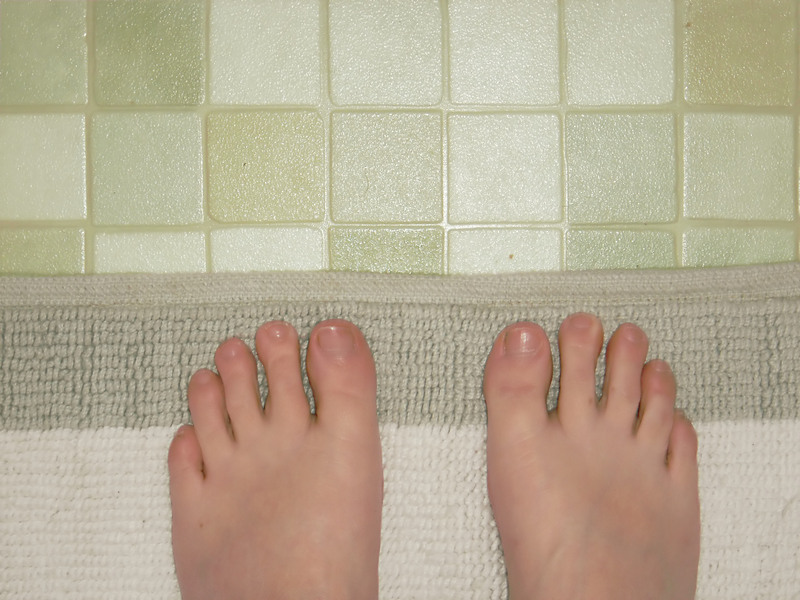
Frequently Asked Questions: Home Carpet and Hard Flooring Cleaning
How often should carpets be deep cleaned?
For most homes, deep cleaning carpets every 6-12 months is recommended, with more frequent cleaning in high-traffic or pet-friendly homes.
Is homemade floor cleaner safe for all hard floors?
No: Always ensure homemade solutions are suitable for your floor type. For example, vinegar can damage natural stone and some wood finishes.
What's the best way to keep grout lines clean?
- Clean regularly with a brush and baking soda solution.
- Seal grout lines annually to ward off staining and bacteria.
Can dirty floors really make us sick?
Yes. Accumulated filth can host bacteria, viruses, and allergens that aggravate allergies, asthma, and even lead to infections. Maintaining clean home carpets and hard floors is a crucial step in protecting household health.
Conclusion: Elevate Home Hygiene with Effective Floor Cleaning
Boosting hygiene with home carpet and hard flooring cleaning isn't just about appearances. It's about crafting a safe, healthy environment for your loved ones. By understanding the specific needs of your flooring, employing regular maintenance, leveraging modern cleaning devices, and knowing when to call in professionals, you can ensure your home remains both beautiful and hygienic.
Incorporate the tips and techniques highlighted in this guide to enjoy pristine carpets and hard floors throughout the year--transforming your home into a sanctuary of cleanliness and comfort. Prioritize floor care, and experience the remarkable difference it makes to your home's atmosphere and your family's wellbeing.


